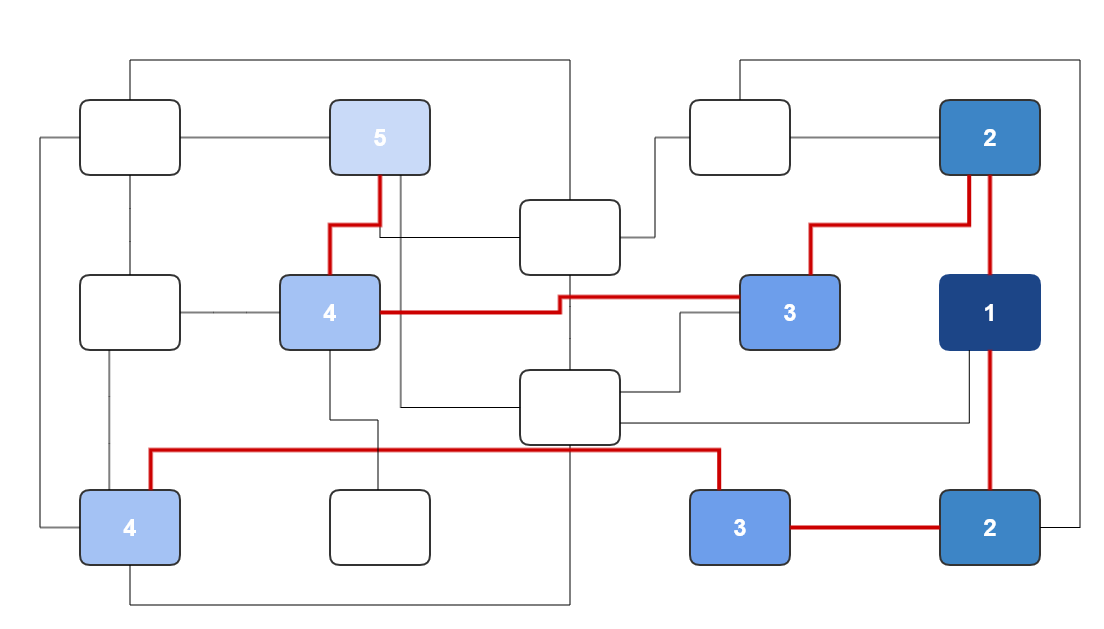The 2021-2022 programme of the Supply Chain Finance Observatory of the Politecnico di Milano identifies deep tier financing as one of the privileged research topics. It deals with the ways through which it is possible to inject liquidity and credit into supply chains, going beyond the first level of tiers, thus seeking to operationally support a holistic understanding of the supply chain system.
Polaris, as a partner of the Observatory, has given its willingness to work on the topic with the companies that are members of the Observatory, but also with any other interested company. Our aim is to apply Polaris' innovative approach to supply chain financing, based on the notion of community, to complex, multi-level systems, where the participation of different levels in the final product can be tracked through identifiable contractual relationships. The following picture highlights the process we would like to apply:

Map the contractual relationships relevant to the realisation of the final product, identify the related cash flows and use this map to build a financing scheme in which all the different levels of the supply chain can benefit from the possible improved creditworthiness of some of the actors involved and the injected liquidity flows smoothly to the furthest level of the supply chain in proportion to its contribution to the final outcome.
This approach finds a potential application in the most diverse contexts, where the contribution of each supplier can be goods (raw materials, semi-finished products), processes or services (logistics, IT, test & quality, and so on).
The specific contribution of Polaris consists in the ability of creating a contractual network which is common to all parties, including the financial partners, redefining the overall structure of the risks assumed by the financial partners and generating the operational information necessary to carry out each financial cash flow operation in formats consistent with the needs of the accounting systems of the financial partners, without them having to make lengthy and costly implementations of their legacy systems.
The project is open to all companies interested in verifying the possibility of implementing a tool for the consolidation of supply chain relations from a financial and performance point of view.
